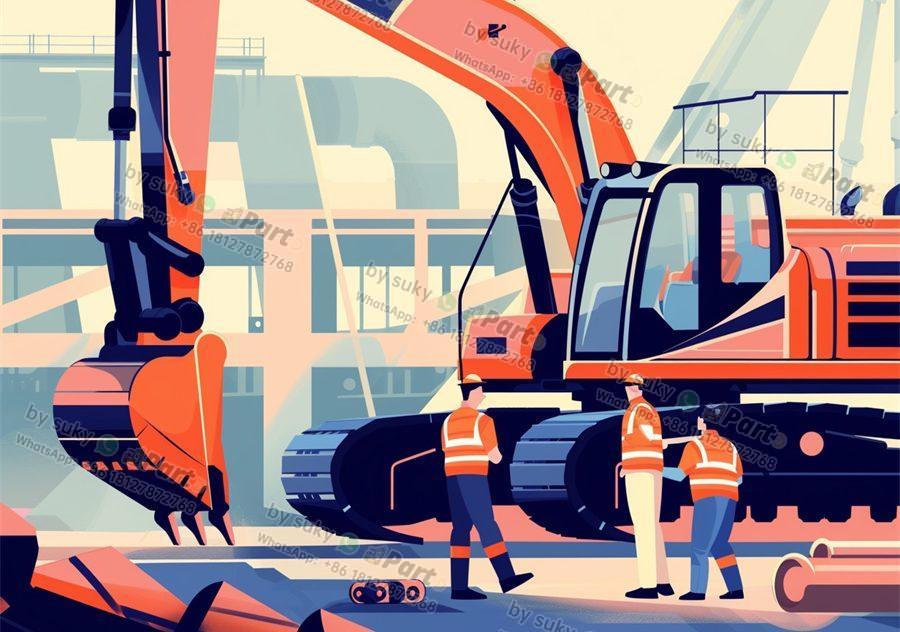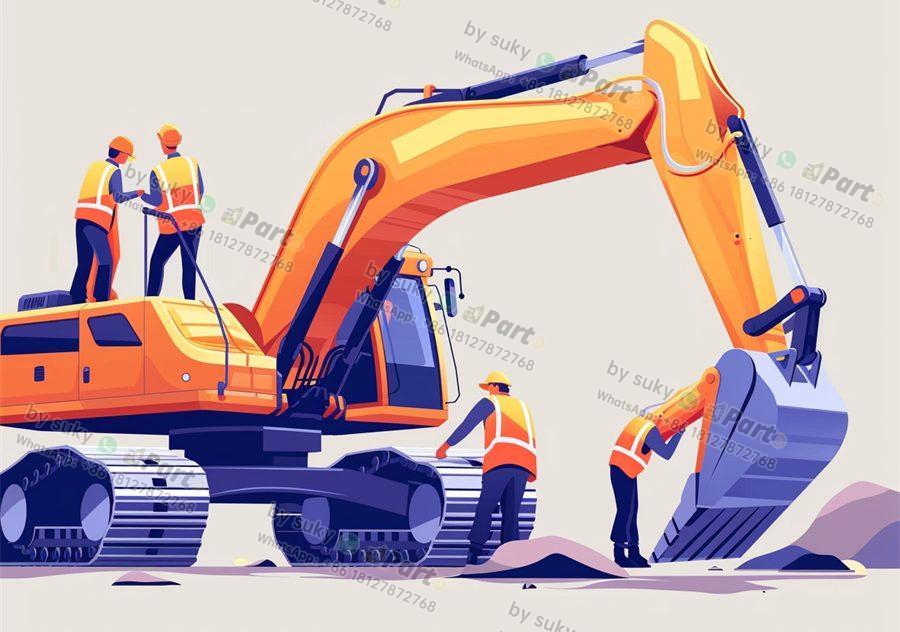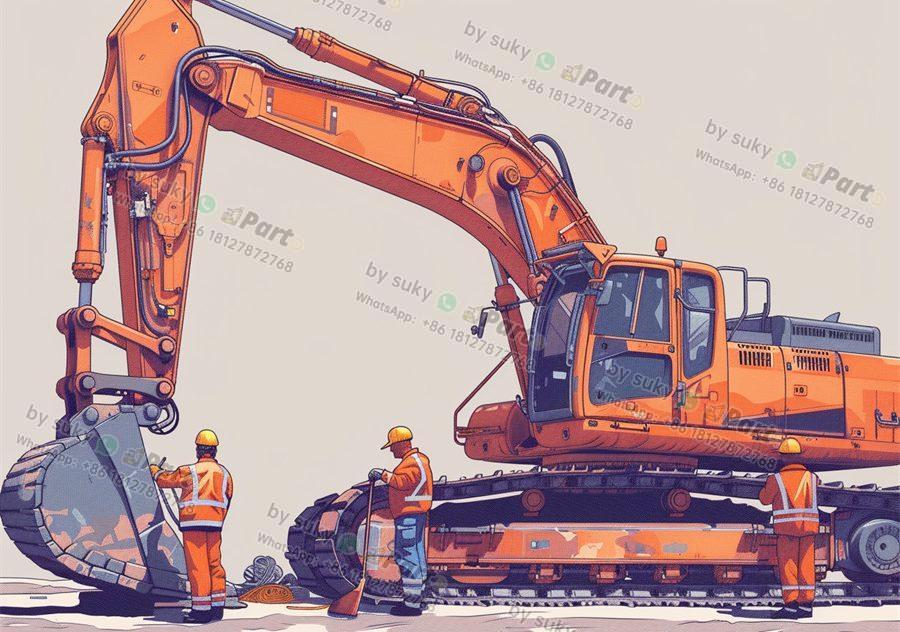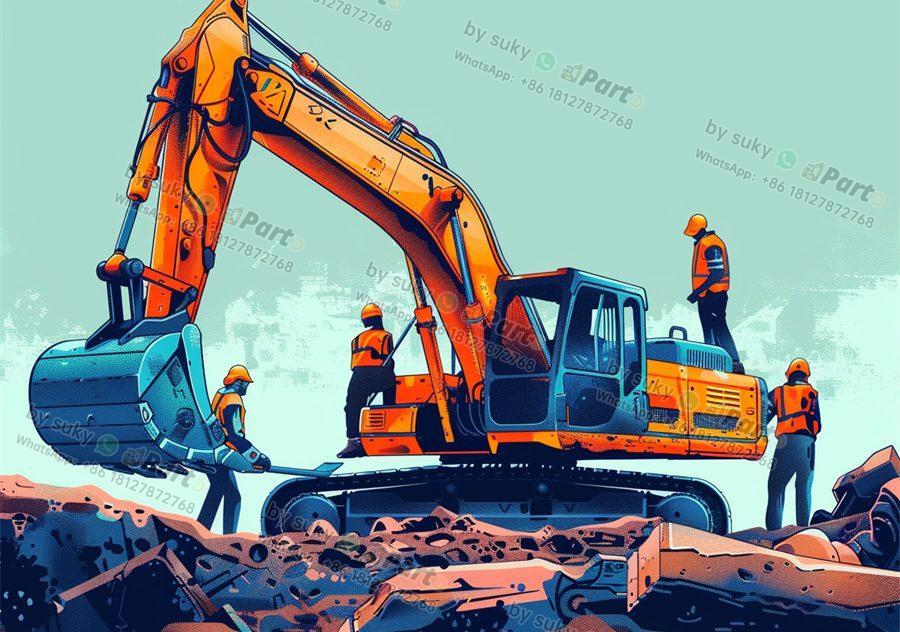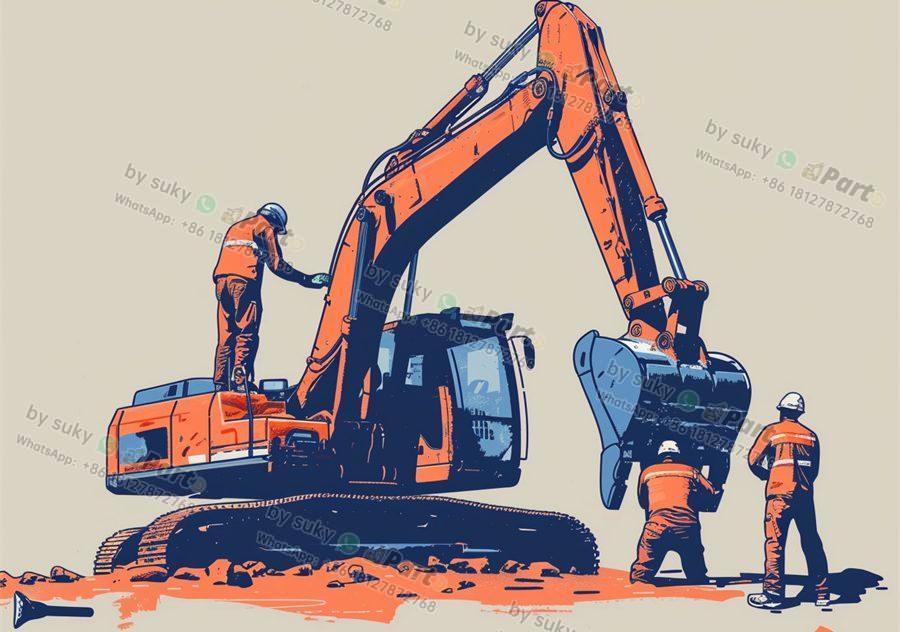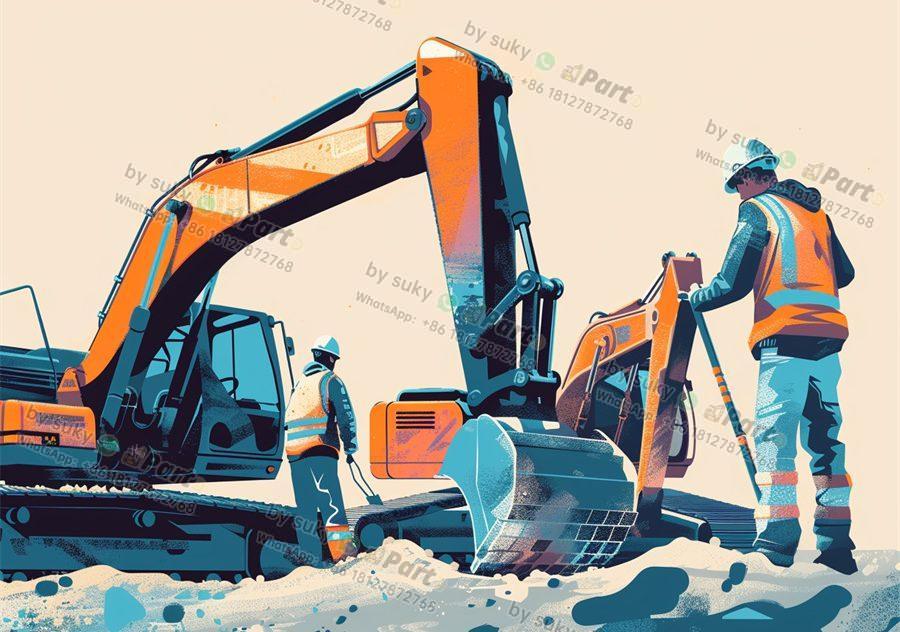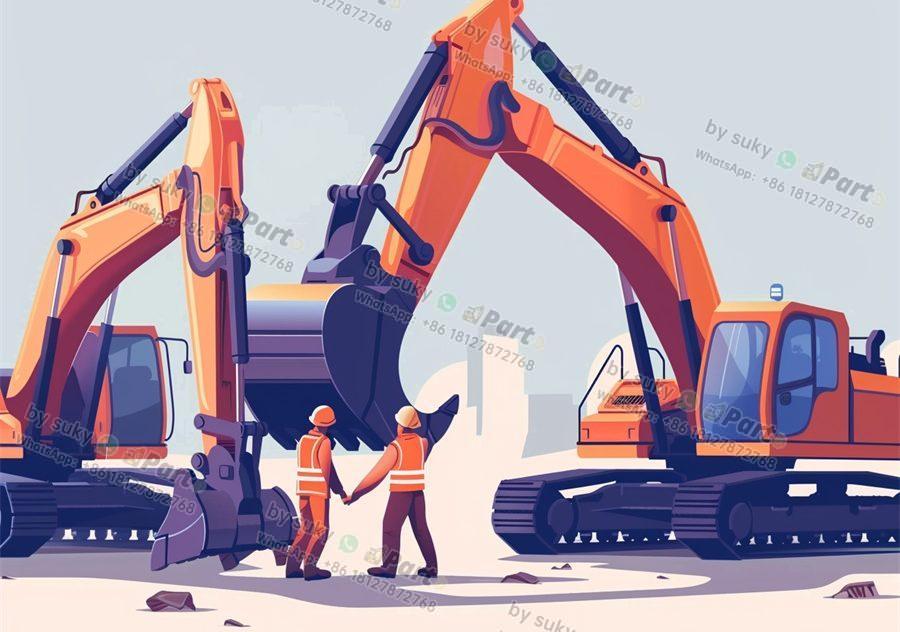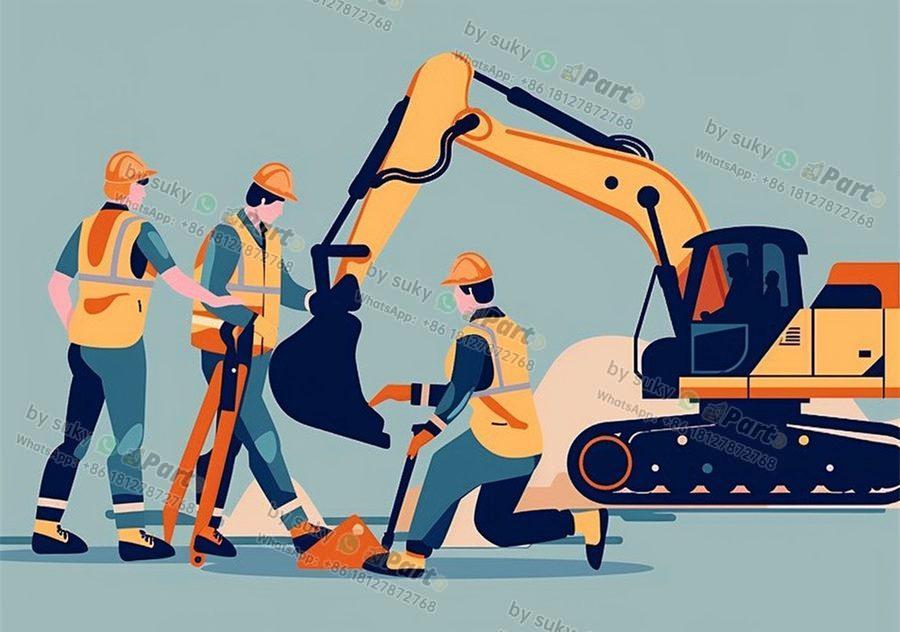When it comes to construction equipment, using genuine OEM parts can provide numerous benefits for importers and dealers. From ensuring compatibility and durability to maintaining equipment performance and warranty, genuine OEM parts are essential for the smooth operation and longevity of construction machinery.
Compatibility and Durability
One of the main benefits of using genuine OEM parts for construction equipment is the guaranteed compatibility and durability they offer. OEM parts are designed specifically for the equipment they are intended for, ensuring a perfect fit and functionality. This reduces the risk of malfunctions and breakdowns that can occur with generic or aftermarket parts, ultimately saving time and money in the long run.
Maintaining Equipment Performance
Using genuine OEM parts is crucial for maintaining the performance of construction equipment. These parts are manufactured to the highest standards and undergo rigorous testing to ensure optimal performance. By using OEM parts, importers and dealers can ensure that their equipment operates at peak efficiency, delivering the productivity and results that are expected.
Quality and Reliability
Genuine OEM parts are synonymous with quality and reliability. These parts are made from high-quality materials and are built to last, providing peace of mind to importers and dealers. By investing in OEM parts, businesses can avoid the risks associated with inferior quality aftermarket parts, such as premature failure and compromised safety.
Warranty Protection
Another significant benefit of using genuine OEM parts is warranty protection. Many equipment manufacturers require the use of OEM parts to uphold the warranty of their products. By using OEM parts, importers and dealers can ensure that their equipment remains covered under warranty, providing added protection and support in case of any issues or defects.
In conclusion, the benefits of using genuine OEM parts for construction equipment are undeniable. From compatibility and durability to performance and warranty protection, OEM parts offer importers and dealers the assurance of quality and reliability. By investing in OEM parts, businesses can maximize the lifespan and efficiency of their equipment, ultimately leading to improved productivity and profitability.

